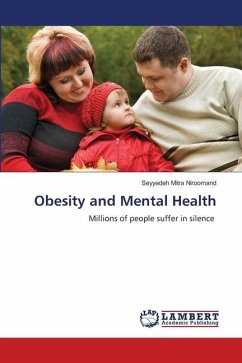This book addresses an important topic about the impact of climate change on human mental health and psychological flourishing, whether through direct or indirect effects. It discusses the psychological barriers that hinder citizens from participating in climate change adaptation and mitigation procedures, and how we can measure them. It presents the psychological problems associated with climate change, methods of diagnosis, and treatment. It highlights groups at greater risk of climate change impacts such as women, children, low-income individuals, and others. It also discusses mental health care systems in crises and disasters, in light of human rights, and the role of mental health care workers. Additionally, it covers the significant topic of climate change and persons with disabilities within the human rights framework. I hope this book will assist policymakers in formulating programs and plans to reduce psychological barriers for citizens to combat climate change, as well as mental health professionals in establishing an integrated care system to reduce mental problems resulting from climate change and enhance the flourishing of citizens in a changing environment.
Bitte wählen Sie Ihr Anliegen aus.
Rechnungen
Retourenschein anfordern
Bestellstatus
Storno








